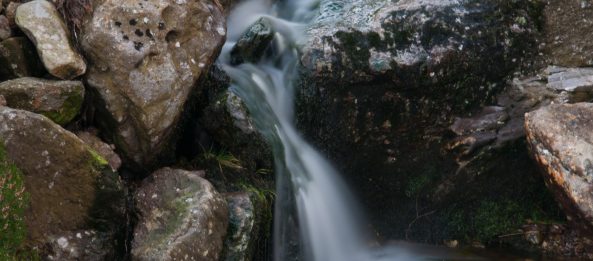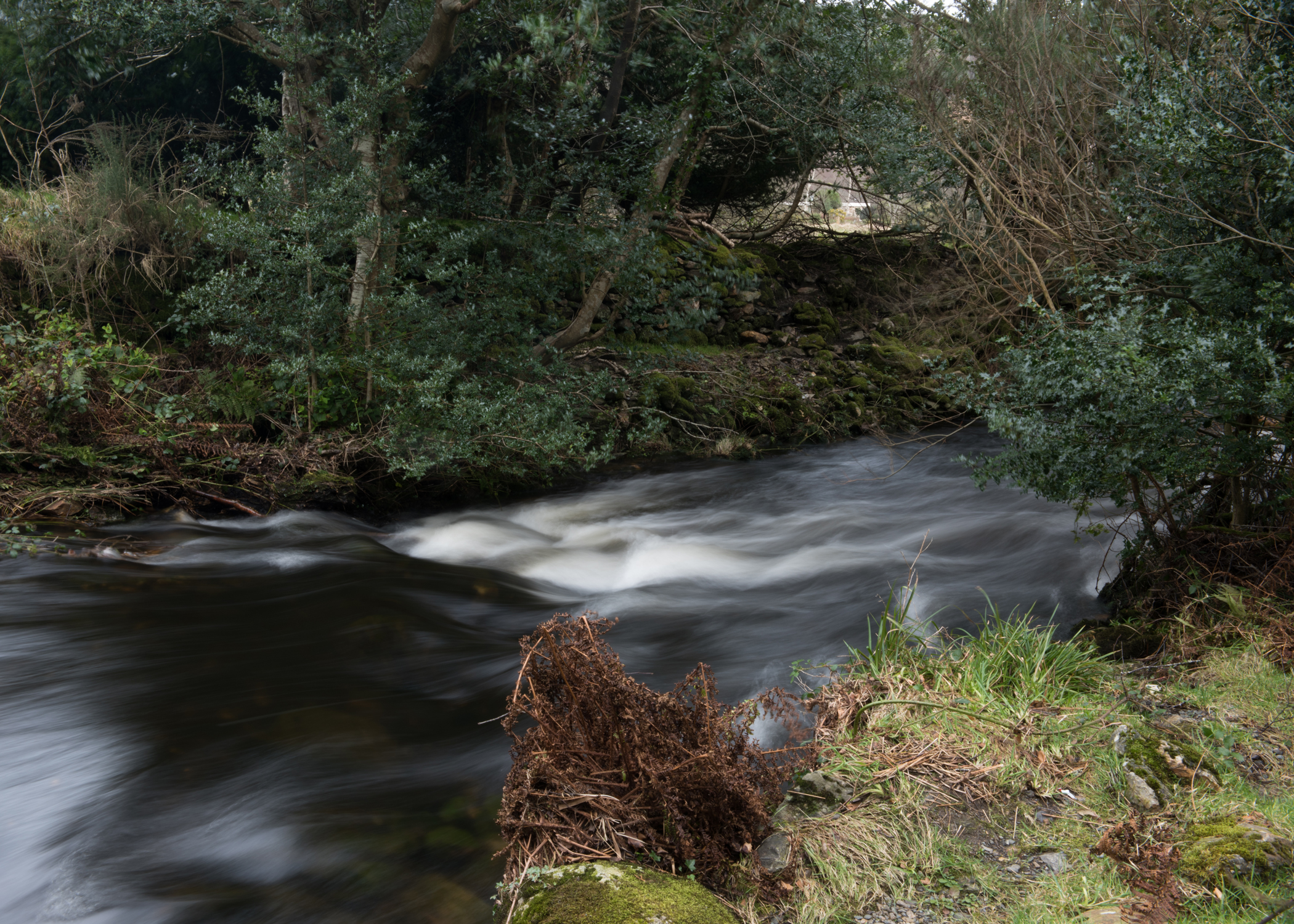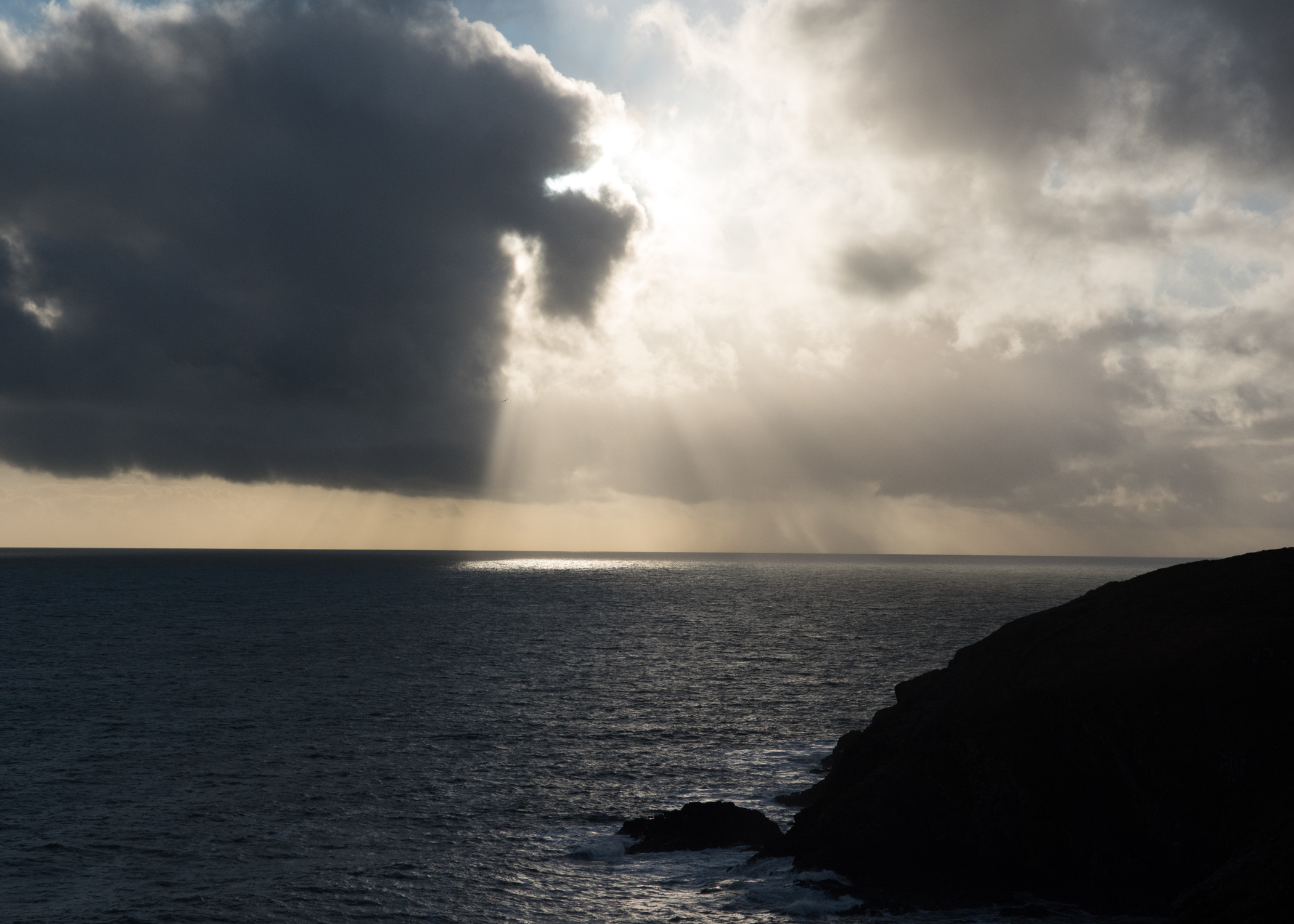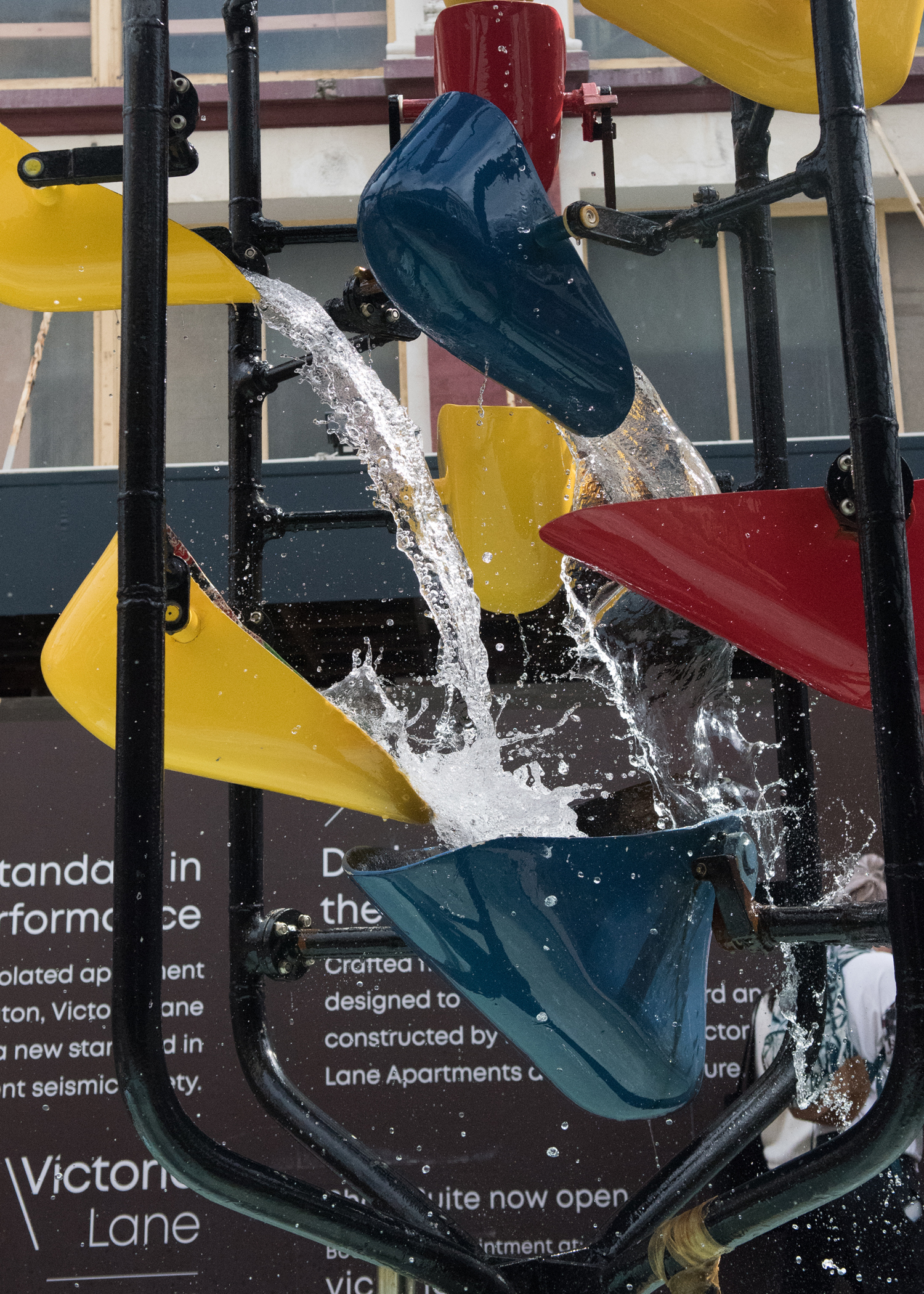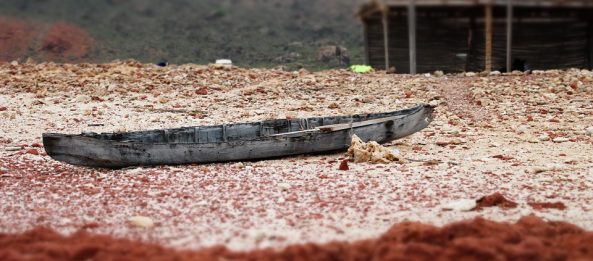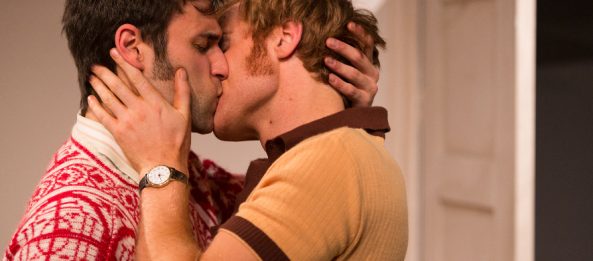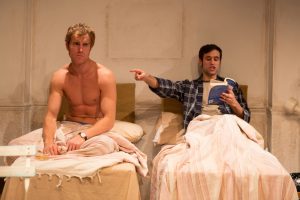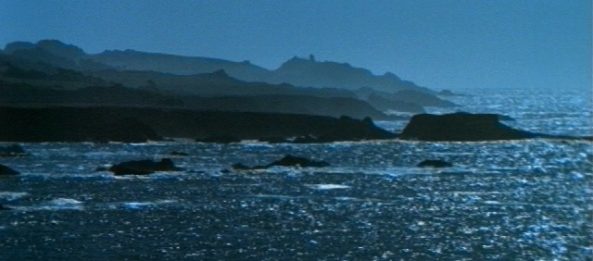As the elderly Boeing 727 took off from Abu Dhabi and banked around a huge thunderstorm, I realised I was heading somewhere different. In 1998, I was on my way to the port of Aden in Yemen. As the plane approached the airport there, the burned-out hulks of aircraft littered the airfield around the runway. The terminal building itself was gouged out with a huge bomb crater, the scars of a civil war that had ended 4 years previously. We had to enter the arrivals area via the men’s toilets. I was held up by customs who insisted on writing a lengthy note in my passport because I was carrying a (then relatively rare) Toshiba laptop.
I had been sent there by my employers to help commission a telephone exchange. Aden was blisteringly hot as well as being a bustling madhouse, with a good chunk of the city inside a volcanic crater. The base station for our new mobile system sat on top of a ridge at the edge of that crater, over razor sharp lava fields. It was so hot that the 4×4 we used to get there had two air conditioning units. The icy chill of the 4×4’s interior was a huge contrast to the waves of heat radiating from the lava field on which the base station was built.
The telephone exchange was in cooler surroundings, but still extremely hot. A trip to the bathroom involved shooing the rats out from under the toilet! Outside the bathroom was a tented area, at which the faithful prayed several times daily. The calls to prayer from the muezzins were piped over loudspeakers all over the city. It is a sound I will never forget.
The sea was as warm as bathwater to swim in, and we went for a dip one evening, right next to the huge desalination plants which supplied freshwater to the city. Swimming was very pleasant, but not effective for cooling down! The food at the hotel we stayed in was excellent, but I made the mistake of sampling a local drug called Qat. Qat is a leaf which, when chewed, is pleasantly sweet and gives a very mild narcotic buzz. A British colleague described it as “chewing a Privet bush.” It was certainly not unpleasant and it was not unusual to see Yemeni men with a wad of Qat shoved in a cheek for chewing.
Unfortunately, in my eagerness to sample local customs, I had forgotten basic food hygiene and cleanliness. As a result of my Qat–chewing, the subsequent stomach upset caused me to rapidly lose 5 kilos over the following week. The rat–infested toilet was a frequent visiting place. It took 15 hour’s unbroken sleep to finally clear the bug and recover some sense of normality.
Yemeni men used to walk around hand-in-hand and Yemeni women invariably wore black abayas with a slit opening for eyes. Underneath their severe outer clothing, however, you could frequently see a colourful and fashionable shoe peeping out. I was lucky to experience how friendly and helpful Yemenis were: I never felt threatened or unsafe there. Whilst, at the time, there was a habit of kidnapping foreigners, they were always well treated. So much so, that a French kidnap victim was presented with an AK47 on his release and wrote a letter of release to his captors. Unfortunately, this friendly practice ended when the government started to shoot kidnappers, a counterproductive practice that resulted in the deaths of several victims. It was surely a sign of future trouble in the country.
After two weeks, the telephone exchange installation was successfully completed. I was able to make mobile telephone calls on the system, always a gratifying experience. Unfortunately, I had less than 12 hours to enjoy the fruits of my labour. At short notice, I was asked to travel to Egypt to talk to customers in Cairo. I had to travel to Sana’a to catch the flight because of an airline strike in Aden. This involved a 400km journey in an aging Peugeot 305 with a Qat-chewing(!) taxi-driver.
The countryside was epic. It rose from dry wadis near the coast through rocky foothills and mountains to an elevation of over 2000 m in Sana’a. We passed through dusty little villages of cube-shaped houses, as the air grew cooler and the countryside greener. There were frequent military checkpoints and, unknown to me, a lot of the rural areas had local chieftains who were the ones kidnapping foreigners.
The taxi-driver, however, was a lunatic. There’s a scene (not that one) in Basic Instinct where Sharon Stone subjects Michael Douglas to a hair-raising high-speed drive along a narrow cliff road, overtaking into oncoming traffic. My driver did the same thing while nonchalantly chewing his Qat (he did offer me some, but I politely declined).
I arrived in Sana’a unscathed. At 10,000 feet altitude, it was lovely and cool, with much more greenery than the coast or inland. A misunderstanding about my hotel destination lead to a lively conversation between my driver and some locals. All were intent on me arriving safely, and I did – just in time for dinner with a Ukrainian colleague, before an early morning departure to Cairo. When I arrived in Amman for a connecting flight, it was a pleasant shock to see the faces of women again.
Arriving in Cairo, my local contact was crestfallen to see I had no business suit. Unfortunately, I had packed for technical work at a telephone exchange, not visiting customers. Interestingly, all the management of the mobile service provider were women, which went slightly against the stereotype of Middle Eastern countries.
Compared to Aden, Cairo was a huge metropolis – but, nevertheless, another bustling madhouse. Nearly every taxi had dented side panels, as driving was regarded as a contact sport. I spent a couple of days there, with one notable dinner by the banks of the Nile. I did see the pyramids briefly from an aeroplane window on my departure.
Simon Woodworth


